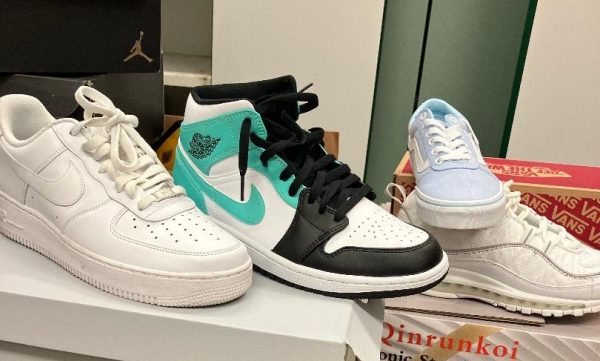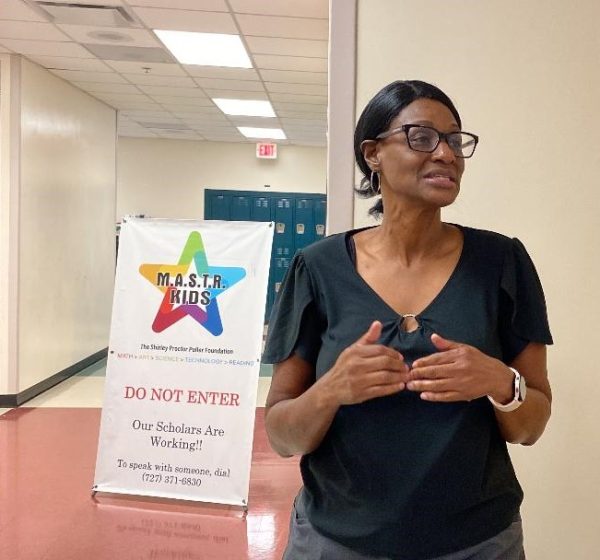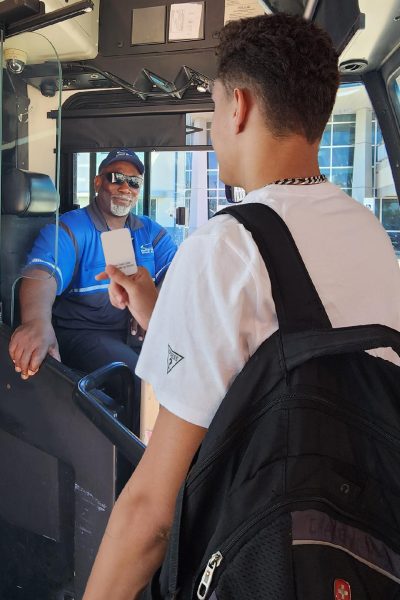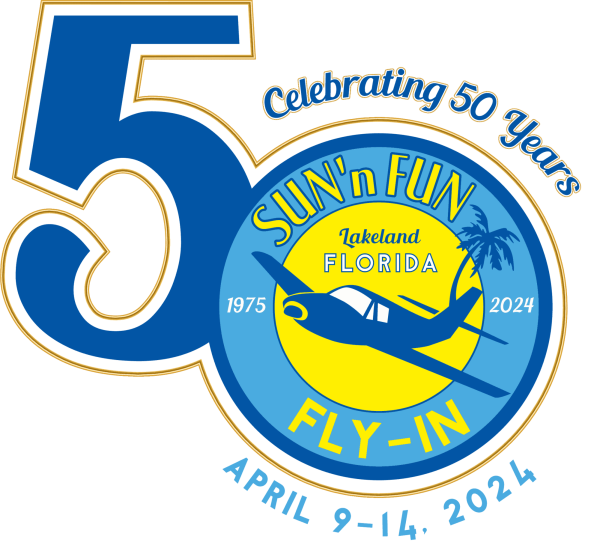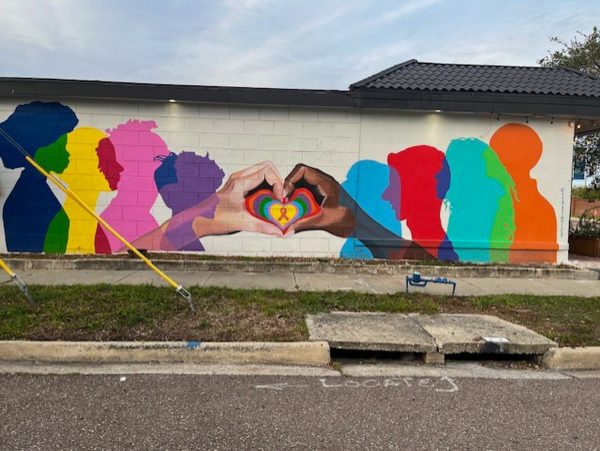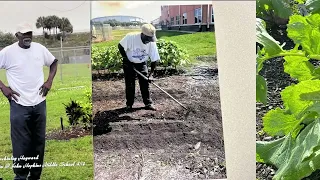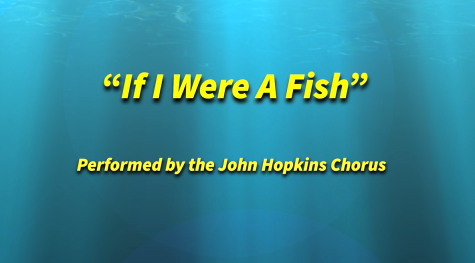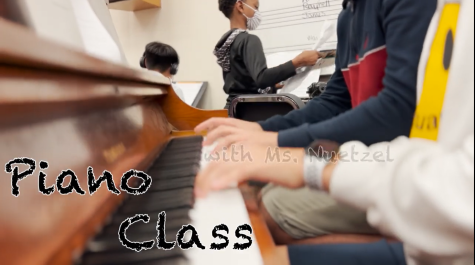Great American Teach-in with Colleen Wright
Colleen Wright is a journalist at the Tampa Bay Times. Wright got her first journalism job as an intern at the Miami Herald at 17. She graduated from the University of Florida with a journalism degree and is now a journalist for the Tampa Bay Times. Wright has worked as an intern for newspapers all around the country. She has written articles for the Times as well as for the Miami Herald. She wrote about education for three years but now works on the beat for the happenings within St Petersburg’s Government.
Q: You are currently here at JHOP for the Great American Teach-in, how has your visit been so far?
A: Thanks for having me, it’s been great. I’ve loved the questions that the kids asked pretty inquisitive questions, smart questions about what I do and it’s good to know also that the kids kind of knew what I do. So, I was very impressed with what they already knew and their curiosity.
Q: In your biography at or on the Tampa Bay Times website you mentioned that your grandfather and your grandmother immigrated from Cuba. What does it mean to you to have freedom in the press as a person with Cuban grandparents?
A: As you know there is no freedom of the press in Cuba, and you can get persecuted there with pretty severe penalties; throw you can be thrown in jail or worse. I really appreciate that about this country. It’s not perfect but we do have freedom of the press, we do have availability of public records, we have the freedom to put out what’s true despite the backlash that we might get sometimes. It’s a tough job, but I’m honored to do it. I’m honored that I have the ability to do that in this country.
Q: You worked with the Miami Herald writing about education. What have you learned about education and how it works because of that work?
A: I’ve learned a lot about education. I’ve covered education for six years. I covered Pinellas County Schools actually for two and a half years and then I went and covered education for the Miami Herald. I’ve learned a lot about kind of from every level from what students go through and teachers to all the way up to the superintendent and the school board and what happens there. It’s interesting to see how the policies that get put in place kind of at the top between the superintendent and the school board how they filter down to teachers and students because sometimes what you propose when you’re not in the classroom doesn’t always translate to how it goes into the classroom. So, it was always interesting to understand how that worked. A good example of that is Covid. You know there were a lot of Covid restrictions … It’s been about two and a half years or so since the pandemic first started and… it was interesting to see schools adapt to kind of like this Brave New World of Covid.
Q: Other than education, what do you enjoy writing about?
A: I enjoy writing about stories that kind of have an impact. That takes someone who has been harmed and try to right the wrongs of that harm. I like stories that kind of expose something that someone didn’t know about and educate them about what’s going on and tell the full story and hopefully get some kind of resolution. I kind of see my job as a way of kind of making things better. It plays its own little role where maybe like criminal justice doesn’t because sometimes there’s a gray area and kind of just telling someone else a story and showing a new perspective and maybe just making things a little bit better not only for them but maybe for society as well. That’s one of the cooler parts about journalism, like you get to tell a lot of people what is happening when they might not know.
Q: You mentioned earlier that you were in a plane over a mountain doing a story and I’m afraid of heights, so that doesn’t seem as cool to me, but what is the coolest thing that you’ve ever done for your job?
A: That was a pretty cool moment. I think that the moment that you’re referencing is when I was in Seattle and I was interning at the Seattle Times and you know they’ve got mountains there we don’t have mountains in Florida. I’m from Florida as well so mountains are also kind of new to me as well. The story was about former military members kind of going through drills to rescue people who had been stranded in the mountains because it’s still icy they can break a leg, they get freaked out, or whatever reason they can’t get down and there were drills to rescue them. I went up in a Chinook helicopter to kind of do the drill with them. It was a little freaky, but I was with people who knew that they were doing and I was tethered in and strapped in pretty tight.
As far as kind of dangerous situations, I mean I’ve been in post hurricane situations. I covered the aftermath of the Surfside Condo collapse in Miami and there was a lot of debris in the air and that affected my lungs a little bit.
I’ve been in some situations where you don’t really know the risks until you go in there. But you kind of have to just use your best judgment. So I’ve done some pretty cool things, but some other things you know a little a little tenuous. I’ve been in protests. I’ve been in some pretty tense situations. Journalism is an interesting job to have.

